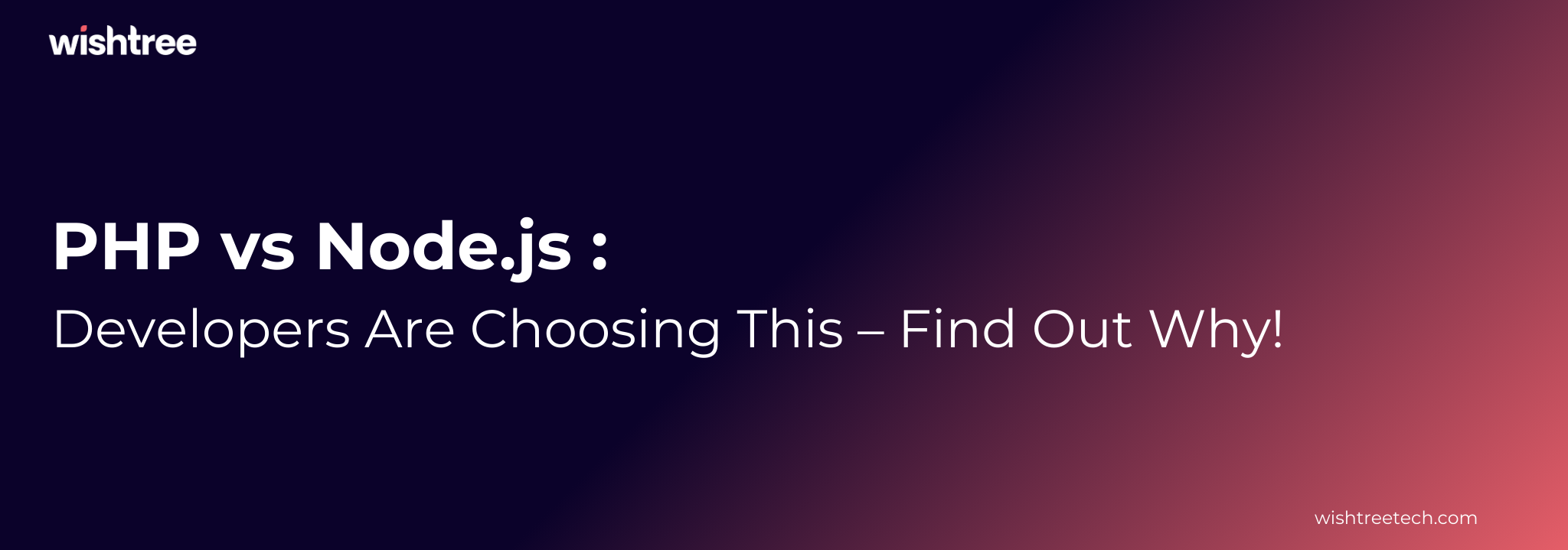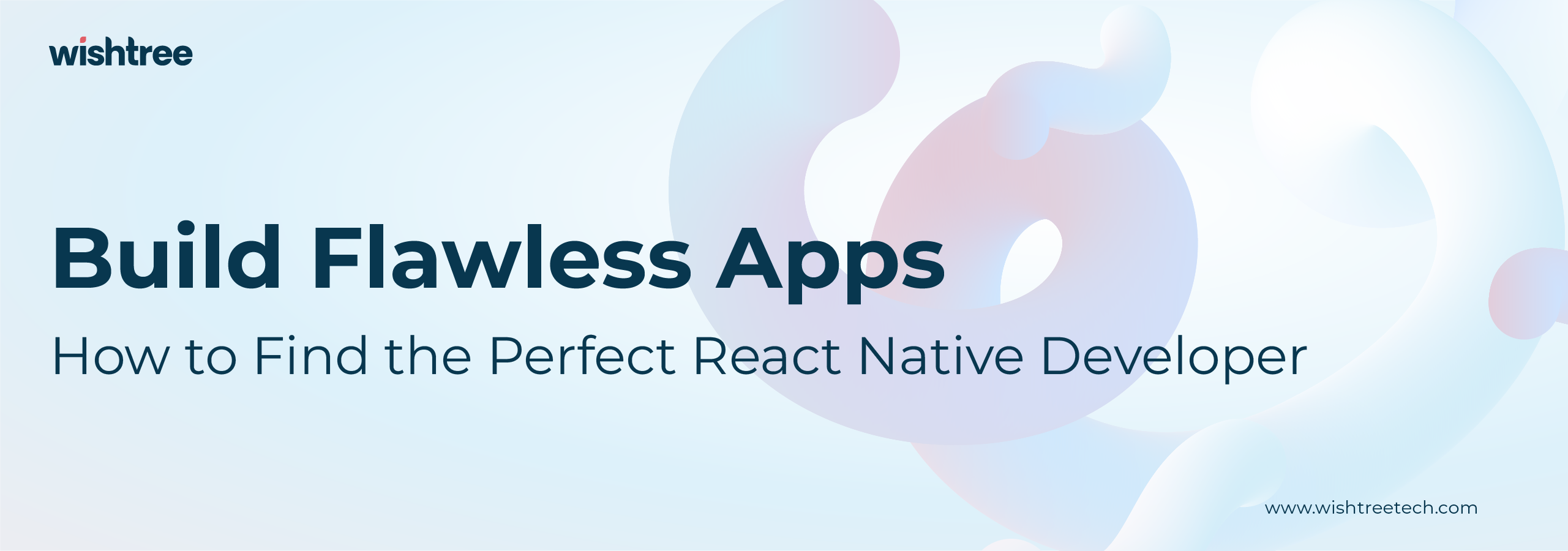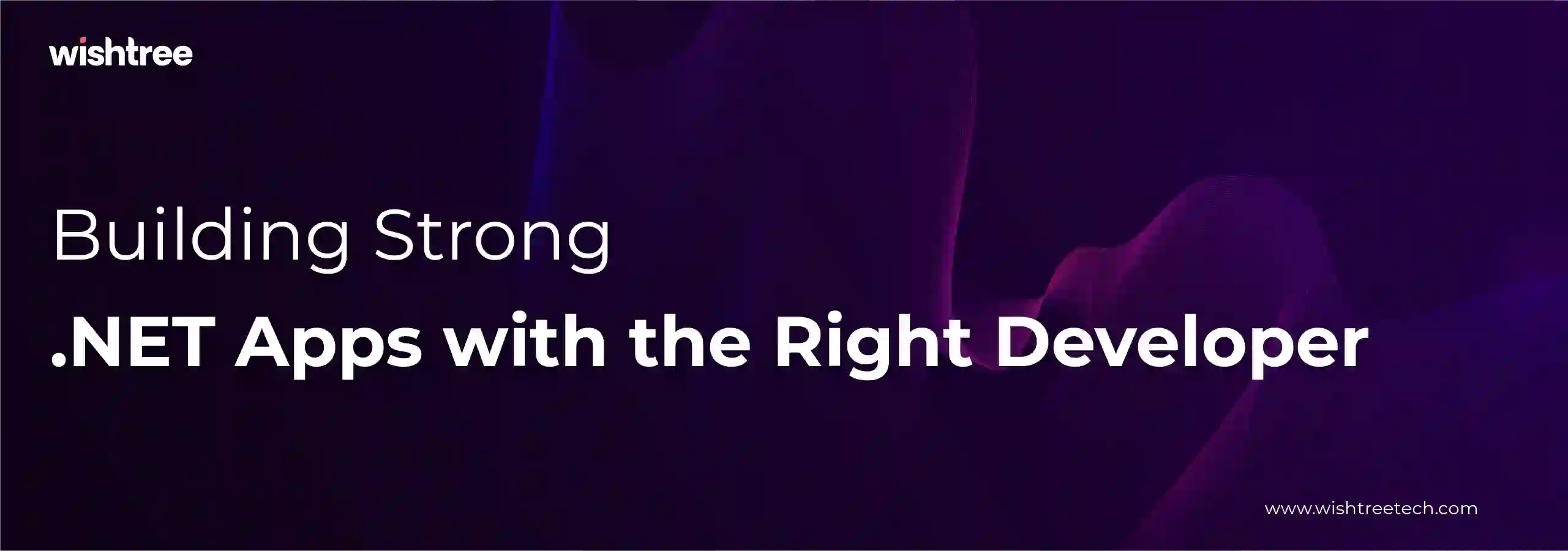Table of Contents
In our fast-paced, tech-driven world, PHP remains a reliable workhorse for web development. Its versatility, ease of use, and massive community support make it a popular choice for businesses big and small.
However, finding the right PHP developer to bring your project to life can be like searching for a needle in a haystack. You want someone who’s not just skilled in coding, but also understands your vision and can work seamlessly with your team.
This comprehensive guide will walk you through the essential steps to hire a PHP developer who aligns with your project goals. From defining your project requirements to conducting technical interviews, we’ll cover everything you need to know.
With Wishtree Technologies, make informed decisions and hire a dedicated PHP developer today who can deliver exceptional results.
Define Your Project Needs
To ensure you find the perfect PHP developer for your project, it’s crucial to have a clear understanding of your specific requirements. Start by outlining the core functionalities, features, and frameworks that will power your web application.
Here are some key considerations:
- What are the essential tasks your website or application needs to perform?
- Are you looking for basic functionalities like user registration, login, and content management, or more complex features such as e-commerce, real-time chat, or payment gateways?
- What specific features will enhance user experience and meet your business objectives?
- Do you have a preference for a specific PHP framework like Laravel, Symfony, or CodeIgniter?
Check the Company’s Background
Before entrusting your project to a PHP development company, it’s essential to conduct thorough research into their background. Consider factors such as their years of experience, the types of projects they’ve delivered, their track record of achievements, and client testimonials.
Wishtree Technologies is a renowned IT solutions provider with a strong focus on PHP development. With years of industry experience, we have successfully delivered a wide range of projects, from small-scale websites to large-scale enterprise applications. Our expertise in PHP frameworks like Laravel and CodeIgniter has enabled us to create innovative and efficient solutions for our clients.
Conduct Technical Interviews for PHP Developers
To ensure you hire the best dedicated PHP developer, in-depth technical interviews are a must. Such interviews should assess the candidate’s knowledge of PHP syntax, database management, API integration, and problem-solving abilities.
Here are some key areas to focus on:
Core PHP
- Test their understanding of PHP’s core syntax, including variables, data types, operators, control flow statements, functions, and arrays.
- Evaluate their knowledge of OOP concepts such as classes, objects, inheritance, polymorphism, and encapsulation.
- Assess their ability to interact with databases like MySQL, PostgreSQL, or SQLite using PHP’s PDO or MySQLi extensions.
PHP Frameworks
- Test their proficiency in Laravel’s features, including routing, controllers, models, views, and middleware.
- For legacy or smaller projects, evaluate their knowledge of CodeIgniter’s MVC architecture and core components.
- For complex applications, assess their understanding of Symfony components and its modular approach.
Web Development Fundamentals
- Test their knowledge of front-end technologies to build user interfaces.
- Evaluate their understanding of HTTP requests, responses, and status codes.
- Assess their ability to design and implement RESTful APIs using PHP.
Problem-Solving and Data Structures and Algorithms
- Present them with algorithmic challenges like sorting, searching, and graph traversal.
- Test their knowledge of data structures like arrays, linked lists, stacks, queues, trees, and graphs.
- Ask them to solve real-world problems using PHP, such as web application development or data processing.
Practical Skills
- Evaluate their ability to write clean, well-structured, and commented code.
- Assess their skills in writing unit tests and debugging PHP applications.
- Test their understanding of Git and its workflows.
Choosing the Right Engagement Model: Full-Time, Part-Time, or Project-Based
The engagement model you choose for your PHP developer will significantly impact your project’s timeline, budget, and level of control. Here’s a breakdown of the three most common options:
Full-Time Hire:
Pros:
- Dedicated resource: The developer works exclusively on your project.
- Strong long-term commitment: Builds a strong working relationship.
- Consistent performance: Ensures steady progress and quality.
Cons:
- Higher upfront costs: Includes salary, benefits, and overhead expenses.
- Longer hiring process: Requires a thorough screening and onboarding process.
- Potential long-term commitment: May involve longer-term contracts or employment agreements.
Part-Time Hire:
Pros:
- Flexible staffing: Can scale up or down based on project needs.
- Lower upfront costs: Reduced salary and benefits expenses.
- Access to specialized skills: Can hire experts for specific tasks or phases.
Cons:
- Potential scheduling conflicts: May impact project timelines and productivity.
- Less control over availability: Requires careful coordination and communication.
- Difficulty in building strong team dynamics: May limit collaboration and knowledge sharing.
Project-Based Hire:
Pros:
- Clear project scope and timeline: Well-defined deliverables and deadlines.
- Cost-effective for short-term projects: Pay only for the work completed.
- Access to a wide pool of talent: Can hire experts from around the world.
Cons:
- Potential lack of long-term commitment: May impact project continuity and knowledge transfer.
- Limited control over the developer’s workload: May compete with other projects.
- Potential for higher hourly rates: Can increase overall project costs.
Time it Takes to Hire a PHP Developer: A Realistic Timeline
The time it takes to hire a PHP developer can vary depending on several factors, including the complexity of your project, the specific skills required, and the hiring process you choose. Here’s a general timeline to give you an idea:
- Define Your Requirements (1-2 weeks): Clearly outline your project’s specific needs, including functionalities, features, and the desired level of expertise.
- Source Candidates (1-4 weeks): Utilize job boards, social media, and professional networking platforms to identify potential candidates. Consider outsourcing to freelance platforms or partnering with a reputable IT consulting firm.
- Screen Resumes and Conduct Initial Interviews (1-2 weeks): Review resumes to shortlist candidates based on their experience, skills, and cultural fit. Conduct initial phone or video interviews to assess their basic qualifications and communication skills.
- Technical Interviews (1-2 weeks): Conduct in-depth technical interviews to evaluate their Java programming skills, database management knowledge, and problem-solving abilities. Consider coding challenges or practical assignments to assess their practical skills.
- Background Checks and Reference Checks (1-2 weeks): Verify the candidate’s employment history, educational qualifications, and references. Conduct background checks to ensure their credibility and integrity.
- Negotiate Offer and Onboarding (1-2 weeks): Once you’ve selected a candidate, negotiate the terms of employment, including salary, benefits, and start date. Complete the onboarding process, which may involve paperwork, training, and team introductions.
Important Factors to Consider When Hiring a Dedicated PHP Developer
In addition to the points discussed above, here are some crucial factors to consider when hiring a dedicated PHP developer:
1. Tech Stack Proficiency:
- Core PHP: Ensure the developer has a strong foundation in PHP fundamentals, including object-oriented programming, design patterns, and security best practices.
- Frameworks: Proficiency in popular PHP frameworks like Laravel, Symfony, or CodeIgniter can significantly accelerate development and improve code quality.
- Databases: Knowledge of relational databases like MySQL, PostgreSQL, and NoSQL databases like MongoDB is essential for data storage and retrieval.
- Front-End Technologies: Understanding of HTML, CSS, and JavaScript is beneficial for building dynamic and responsive user interfaces.
- Version Control: Proficiency in Git or other version control systems is crucial for collaborative development and efficient code management.
2. Communication Skills:
- Effective Communication: A good developer should be able to articulate technical concepts clearly and concisely.
- Active Listening: The ability to understand and respond to client requirements is essential.
- Teamwork: A strong team player can collaborate effectively with other developers and stakeholders.
3. Problem-Solving Skills:
- Analytical Thinking: The ability to break down complex problems into smaller, manageable tasks.
- Creative Solutions: A knack for innovative problem-solving and finding efficient solutions.
- Debugging Skills: The ability to identify and fix errors in code efficiently.
4. Security Awareness:
- Understanding of Security Best Practices: Knowledge of common vulnerabilities and how to prevent them.
- Secure Coding Practices: The ability to write secure code to protect against attacks like SQL injection, cross-site scripting, and other threats.
Experience Level: Matching Skills to Project Complexity
When hiring a PHP developer, it’s crucial to consider the level of experience required for your project. Here’s a breakdown of different experience levels and their suitability:
Junior Developer:
Pros:
- Lower cost
- Eager to learn and grow
- Can be mentored and shaped to fit specific needs
Cons:
- May require more supervision
- Less experienced in handling complex tasks
- May need more time to complete tasks
Mid-Level Developer:
Pros:
- Solid understanding of PHP and frameworks
- Can handle complex tasks independently
- Good problem-solving and debugging skills
Cons:
- May require guidance on architectural decisions
- Less experienced in leading projects
Senior Developer:
Pros:
- Extensive experience in PHP development
- Strong problem-solving and architectural skills
- Can lead teams and mentor junior developers
Cons:
- Higher cost
- May be less interested in routine tasks
Communication Skills: The Bridge Between Developer and Client
Effective communication is a crucial factor in the success of any software development project. A good PHP developer should be able to:
- Understand Requirements: Clearly comprehend project requirements, ask clarifying questions, and provide feedback.
- Communicate Effectively: Express technical concepts in a clear and concise manner, both verbally and in writing.
- Collaborate with Team Members: Work seamlessly with designers, project managers, and other developers.
- Provide Regular Updates: Keep stakeholders informed about project progress, potential challenges, and solutions.
- Active Listening: Pay attention to feedback and suggestions, and be open to constructive criticism.
Availability and Time Zone: Ensuring Seamless Collaboration
When hiring a PHP developer, it’s essential to consider their availability and time zone to ensure effective collaboration and timely communication.
- Overlapping Work Hours: Ideally, the developer’s working hours should overlap with your team’s schedule to facilitate real-time communication and quick problem-solving.
- Time Zone Differences: If there’s a significant time zone difference, establish clear communication channels and set up regular meeting times that work for both parties.
Flexible Work Arrangements: Consider the possibility of flexible work hours or remote work to accommodate different time zones and work-life balance.



